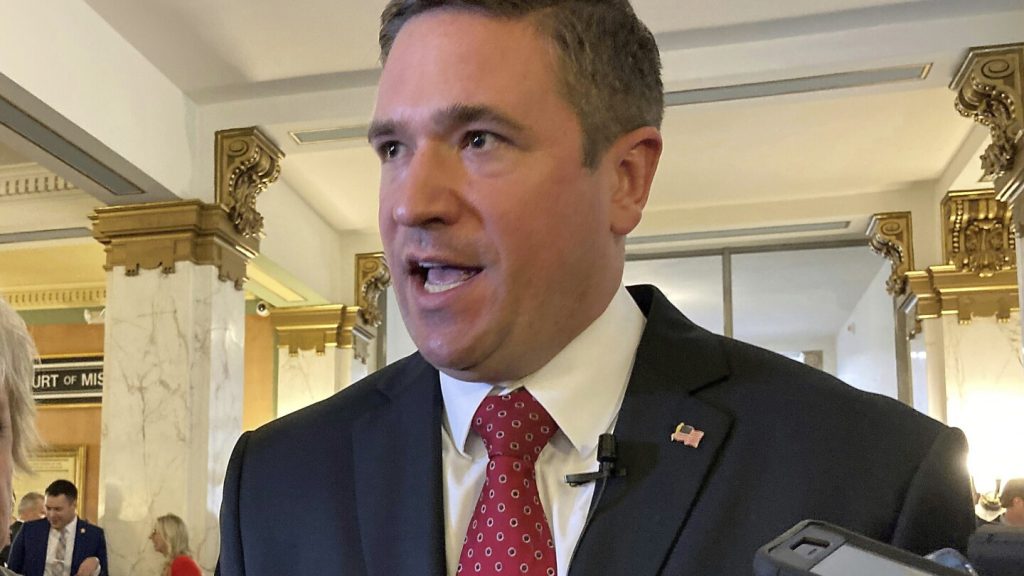Missouri’s attorney general has been involved in several conservative actions, including suing Planned Parenthood and President Joe Biden, as well as pushing clinics to hand over records regarding gender-affirming care. Despite this, some conservative groups are spending millions to support Andrew Bailey’s opponent, Will Scharf, in the upcoming primary. State attorneys general have taken on more nationalized roles and are often seen as potential candidates for higher political offices, such as governor or U.S. Senate.
The role of state attorneys general has evolved over time, with AGs becoming more partisan, especially in the past decade. AGs now often file lawsuits against federal policies that align with the opposing party. The Republican Attorneys General Association and the Democratic Attorneys General Association pour money into competitive races, with the former supporting GOP incumbents. In Missouri, some of RAGA’s top contributors are backing Scharf through independent expenditures, with the support of prominent political funding figures like Leonard Leo and the Concord Fund.
Scharf, who is being supported by these conservative groups, has a background that aligns with other Federalist Society-connected lawyers who have risen through the government legal system. He has elite educational credentials, clerked for federal judges, and has ties to the GOP. Bailey, on the other hand, has spent most of his career in Missouri and has received support from the Liberty and Justice PAC. Contributions to this PAC include a significant amount from the Rayner family, who owns the agribusiness firm Cargill, Inc.
The support for Scharf from national conservative groups has not been publicly explained, and Bailey has raised concerns about out-of-state influences in the Missouri race. Despite the external funding being poured into the primary, the winner will likely have a significant advantage in the general election. State attorneys general have become key political figures, with many using the role as a stepping stone to higher office. The current political landscape around AG races reflects a trend towards more partisan and ideologically driven campaigns.


